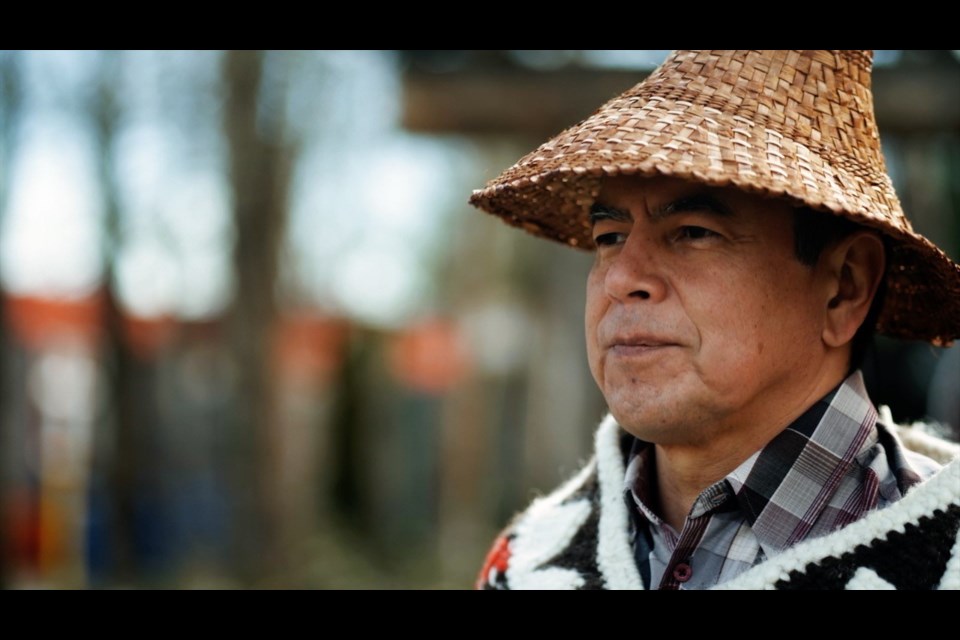National Truth and Reconciliation Day, Sept. 30
By Chief Ed Hall and Councillors George Chaffee and John Peters, kʷikʷəƛ̓əm (Kwikwetlem) First Nation
Canada has created a new federal statutory holiday on Sept. 30 called The National Day for Truth and Reconciliation.
This day is but one of 94 recommendations made by the Truth and Reconciliation Commission of Canada in their final report submitted to the federal government six years ago in December 2015.
But what is the significance of this holiday beyond being a day off from work?
As leaders of kʷikʷəƛ̓əm First Nation, we hope that you take this day to pause, to reflect and to learn about the true history of Canada’s Indigenous Peoples.
This history includes learning about the devastating legacy of Canada’s residential school system which took some 150,000 First Nations, Métis and Inuit children away from their parents and homes from the 1800’s up until the last school closed in 1996 and forced them to give up their language, culture and way of life.
We hope that you will learn about, and remember, the story of Indigenous children like Phyllis Webstad from the Stswec'c Xgat'tem First Nation in BC who was the force behind Orange Shirt Day, also celebrated on Sept. 30.
Today, her story has turned into a national movement in which we wear an Orange Shirt to symbolize that Every Child Matters and to remember the harmful impact of Canada’s residential school system.
There is much that you can do on this day, and indeed every day of the year.
You can recognize the indigenous territories where you live and work or gather for events.
A land acknowledgement really goes a long way with First Nations as it acknowledges that we are the First Peoples and that we have never ceded nor surrendered our rights and titles to our ancestral and traditional territories.
You may not know that the cities of Coquitlam and Port Coquitlam take their colonial name from kʷikʷəƛ̓əm First Nation who, as the First Peoples, have lived here for from time immemorial.
We hope that we will show each other mutual respect and inclusivity so that we can eliminate racism and discrimination against Indigenous People.
We hope that you will learn about the diverse culture, and the language of the First Nation in your community, and teach it in your schools, and share the teachings with your family and friends.
It is our hope that this day becomes the beginning of a renewed relationship with First Nations, such as ours. One in which you will walk beside us — as equal partners — in our journey of healing, reconciliation and rebuilding our nation for generations to come.
Resources
There are many resources that you can turn to learn about Canada’s Indigenous People and the legacy of Canada’s Residential Schools.
Here are a few that we have put together.
- Kwikwetlem First Nation
- National Centre for Truth and Reconciliation
- National Film Board Residential Schools - NFB
- Orange Shirt Day
- Truth and Reconciliation Commission of Canada: 94 Calls to Action
- Coquitlam Public Library
- Indigenous Peoples , October 6, 2021, from 6:30 – 8:30 p.m. at Coquitlam Public Library The first session in their speaker series on a Conversation about Race in BC, Past and Present, will focus on the Indigenous Peoples of BC. You will learn about the history of the Kwikwetlem First Nation and other Indigenous Peoples in BC, including the experiences they dealt with, the legal rights they had, discrimination they face, residential schools and lasting impacts of all of this. They will also discuss the current situation.





